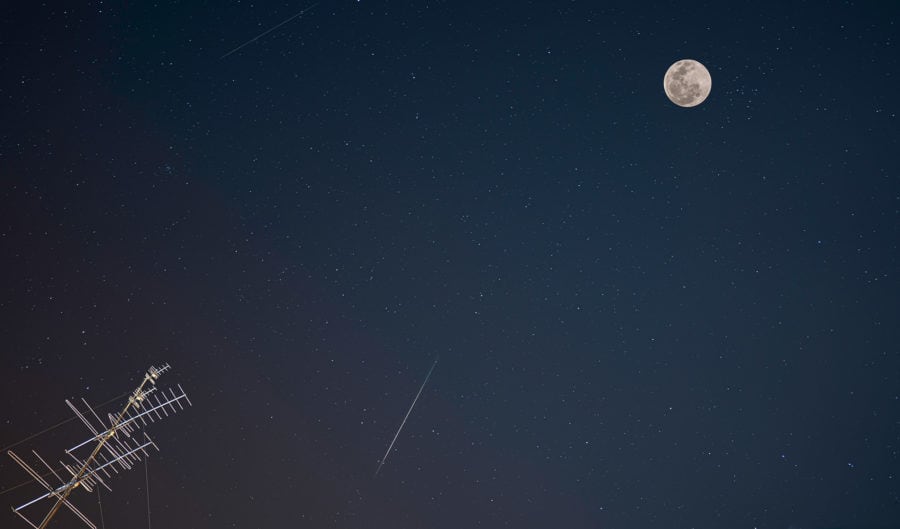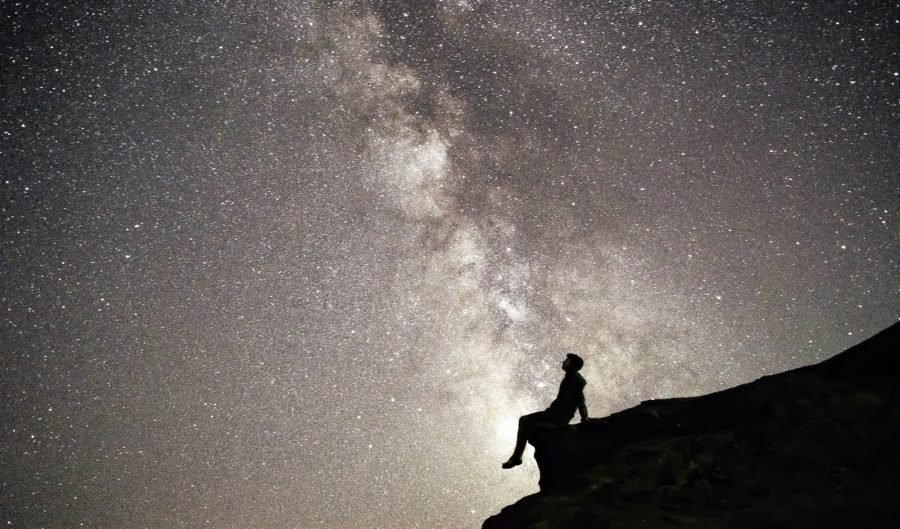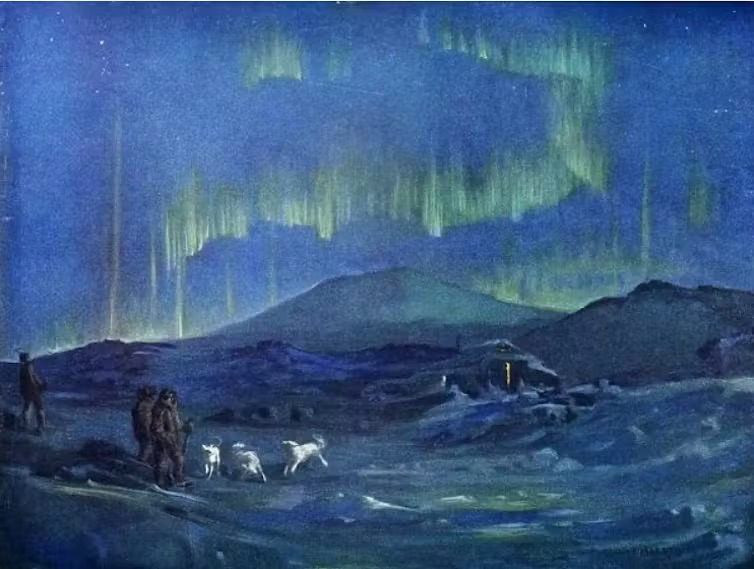Now is the perfect time to enjoy the night sky from the comfort of your home

WITH LESS CARS on the road and most people working from home rather than in light-filled offices, there’s a chance less light pollution is creating great conditions to enjoy the night sky from the comfort of your home.
With or without a telescope, just by turning off the lights at home and remaining patient, you can see the Moon, planets, satellites and meteor showers.
“Everyone has a window, so it’s always possible to enjoy the night sky,” says astronomer Lisa Harvey-Smith. “If you live in the city, it can be a little trickier, but there’s lots of planets out at the moment and there’s always moon-watching.
“In the West, you can see Venus, it’s the brightest thing in the sky right now. It’s easy to see just after sunset. And of course in the morning you can see Mars, Jupiter and Saturn, all visible with the naked eye.
“You can also do Moon-watching, which is possible even for those in the city. One of the best activities is simply watching the phases of the Moon and drawing them, just seeing how long it takes to go from new Moon to full Moon.”
“If you’ve got binoculars, you can take a look at the Moon and see the craters and the dark grey areas, which are the seas of the Moon, which are actually volcanic lava plains that have dried up.”
On top of these day-to-day activities, there’s also some exciting astrological events coming up in the next few months.
The Eta Aquariid meteor shower, a crowd favourite, occurs when the Earth passes through a field of debris left behind by Halley’s Comet hundreds of years ago, and in 2020 it will peak on the morning of 6 May, with the best viewing time between 2 AM and 5 AM.
Not sure where to start your backyard astronomy? Lisa recommends downloading the relevant apps that can tell you exactly what you’re looking at. “Sky Guide is my favorite app. It’s really cheap and intuitive, you even get notifications when the International Space Station passes you. But a good free alternative is Sky View.”
Lisa Harvey-Smith is the author of When Galaxies Collide.





